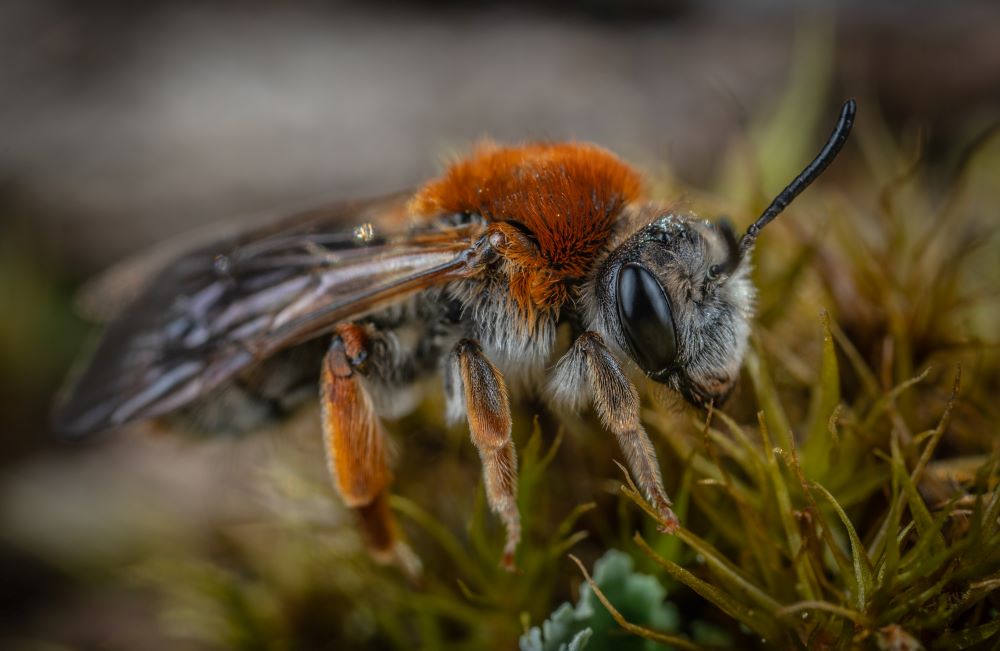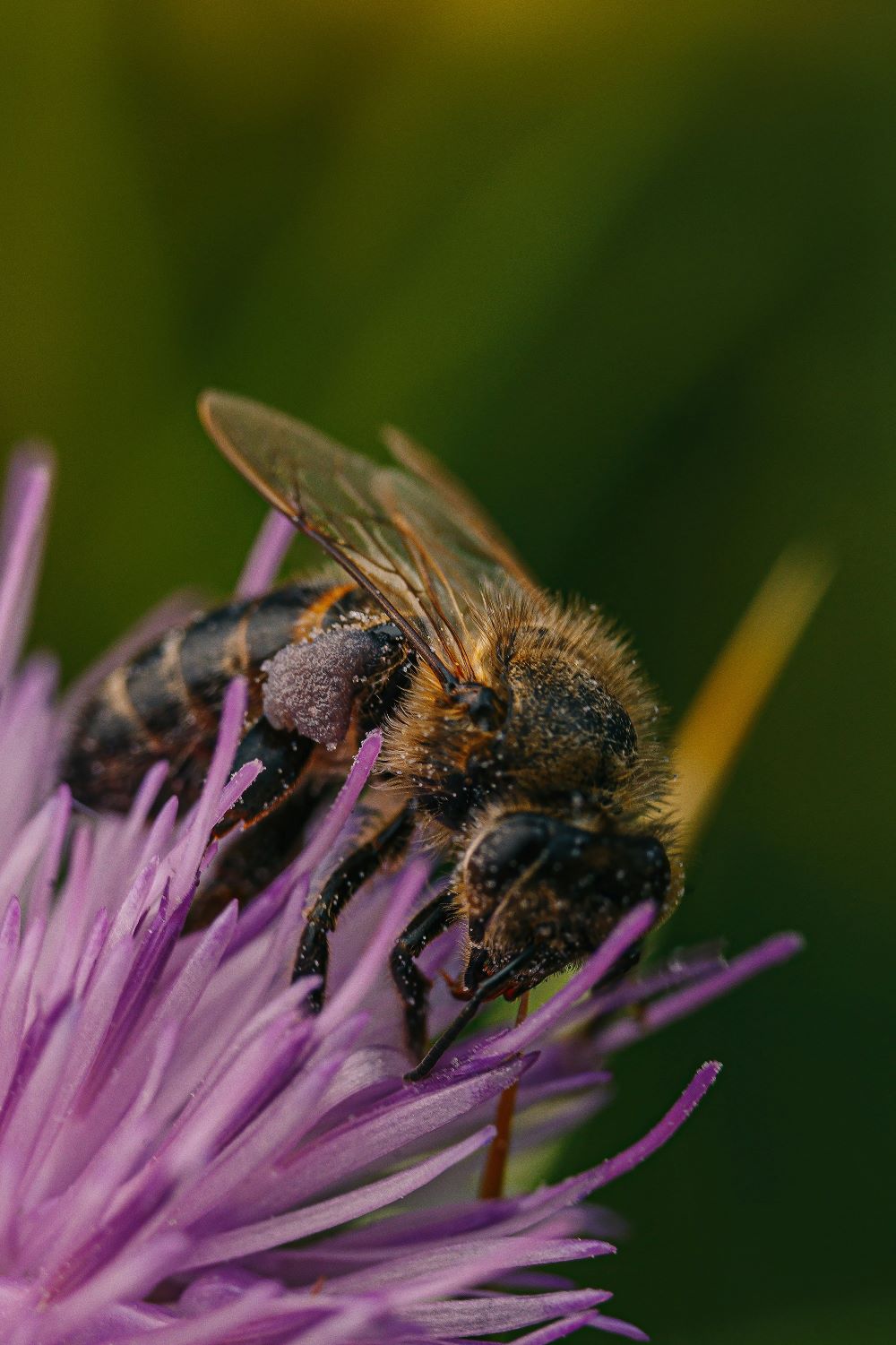Without the care of their mothers, bees will fail to thrive.
The care of the mother is essential for any baby, be it human, animal, or any other species. Contrary to what we believe about bees being solidarity creatures, wild bees care for and nurture their offspring, especially in their early ages. This care the bees receive from their mothers translates into a better development of their biome, development, and health.
In humans, a kid raised without a mother mostly suffers psychologically. However, given the right growth environment, they can survive to grow healthy physically. Unlike humans, a bee raised without a mother is proven to have decreased physical health functioning as compared to the ones raised with the care of a mother bee.
The small carpenter bee, Ceratina calcarata, develops very differently in the presence, versus absence, of motherly care. The presence of maternal care basically helps protect the young bees from an overabundance of harmful species like fungi, bacteria, and viruses and enables the young bees in the early stages of their development to mature normally.
In the absence of maternal care, the biome of the young bee gets bombarded by the attacks of fungi, bacteria, and other parasites, 85% of it being the fungi, and the biggest fungi found in the young bees’ larvae is Aspergillus. This affects bees by affecting their eye development, brain development, and even their behavior.

The Journal of Communications Biology published a paper by lead author Katherine Chau of York University, a Mitacs Elevate and Weston Family Foundation Microbiome Initiative postdoctoral fellow. The paper was published with the title ‘The Effects of Maternal Care on the Developmental Transcriptome and Metatranscriptome of a Wild Bee.’ In the paper, Chau said, “We found really striking shifts in the earliest stages, which was surprising as we did not expect that stage to be the most significantly changed. Looking at the gene expression of these bees, you can see how the slightest dysregulation early in development cascades through their whole formation. It is all interconnected and shows how vital maternal care is in early childhood development.”
In studies conducted by various scientists, these wild bees have been observed throughout their life span in different life stages to see the impact of motherly care on the health, development, and biome This all starts with the single mothers forming a nest a year in the pith of a dead plant to give birth to the young wild bees. They then raise them there from the period of spring until the period of late fall.
Anything that prevents these mother bees from caring for and nurturing the young bees can result in the compromised development of the young bees. The factors that risk the proper development of these bees can also include the pruning of spring and fall stems, which can have serious consequences on the health of the offspring bees.
Studies regarding this topic have emphasized the fact of how vital maternal care for wild bees can be, similar to human offspring. They offer insight into the hidden life of bees that often doesn’t appear so delicate; however, studying it shows the vast differences and the similarities otherwise hidden in plain sight.
Sources:
Lack of maternal care affects development, microbiome and health of wild bees
Bees without mothers more prone to disease: study
The effects of maternal care on the developmental transcriptome and metatranscriptome of a wild bee


Join the conversation!